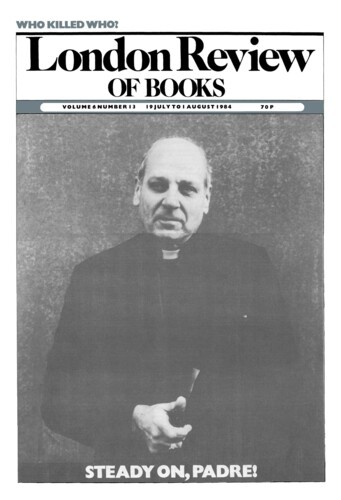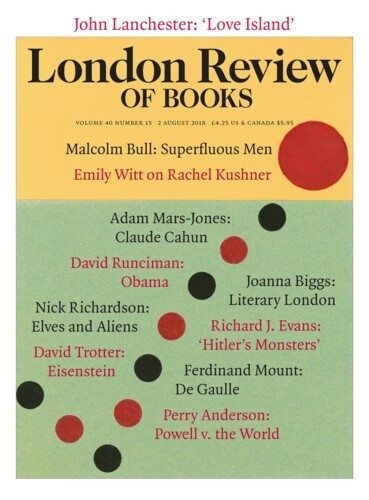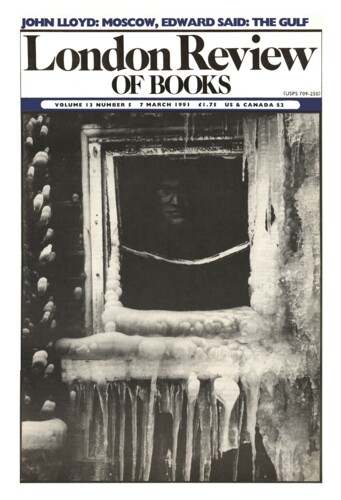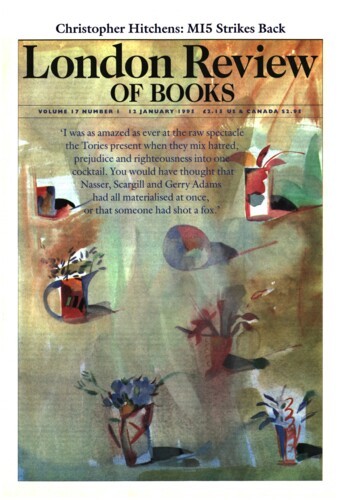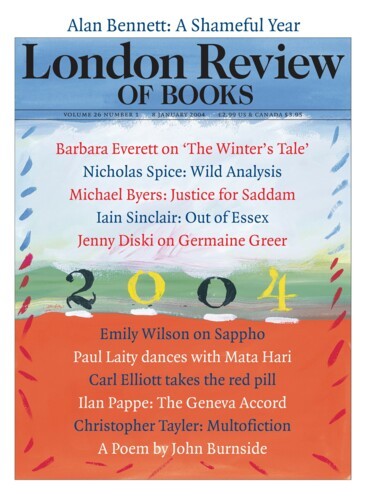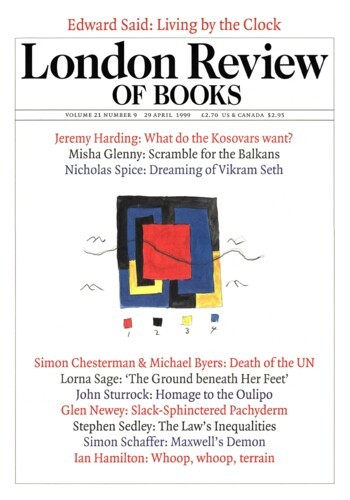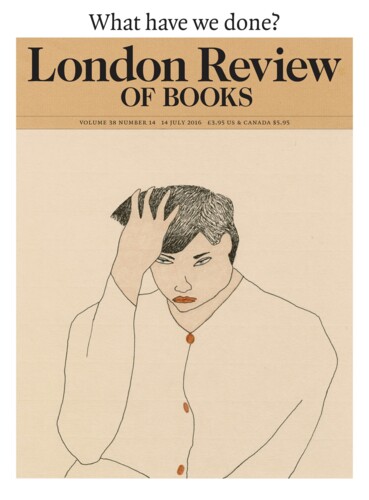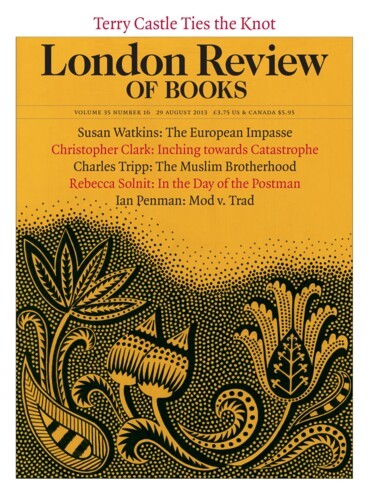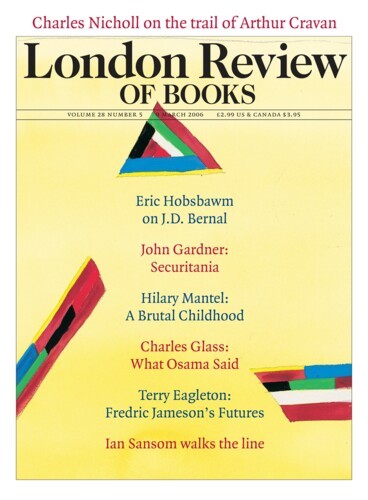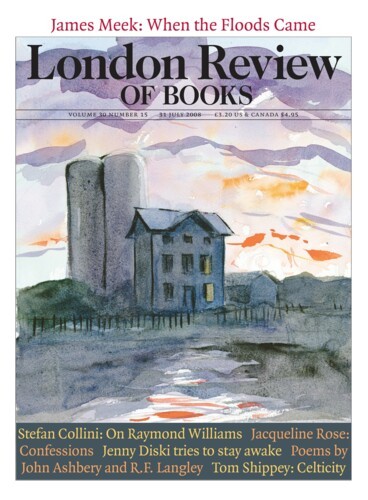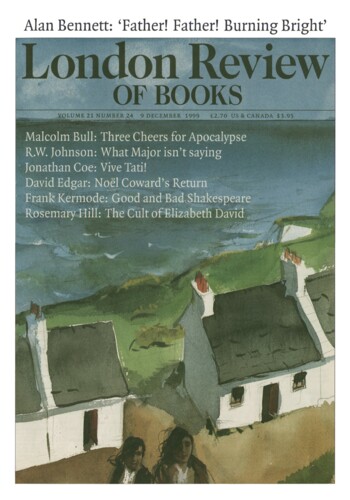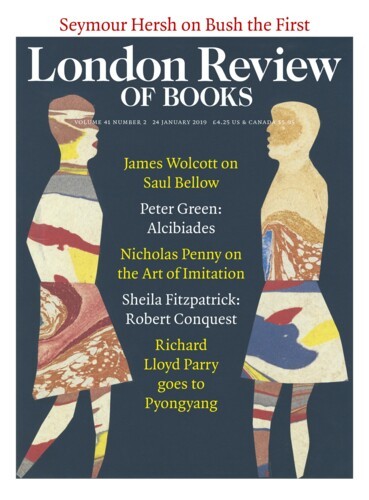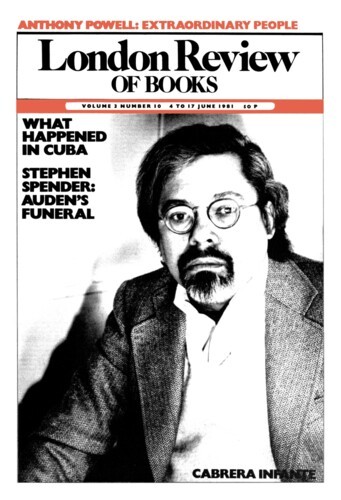Time, Gentlemen, Please
David Cannadine, 19 July 1984
As someone once said, although we do not know exactly when, time is of the essence. It can be given or taken, saved or spent, borrowed or beaten, kept or killed. There are old timers and egg timers, time bombs and time tables, time signals and time machines. There is half time and full time, short time and over time, standard time and local time, the best of times and the worst of times. There is a time to be born and a time to die, a time to break down and a time to build up, a time to reap and a time to sow.
